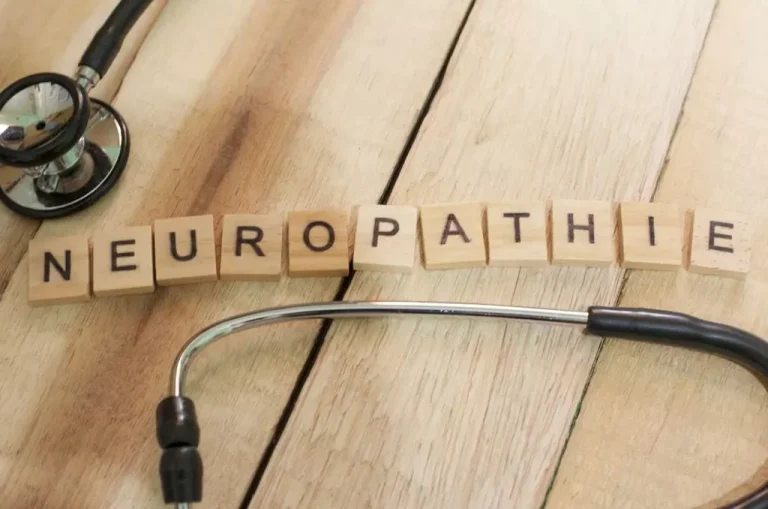
Figuring out how to help someone with an addiction can be incredibly challenging. When someone you love is addicted to alcohol or drugs, helping to recognize their problem and seek treatment is the first step in their journey toward sobriety. However, finding ways to continue to help someone after rehab as they work on their recovery is just as important.

An Overview Of Alcohol And Drug Abuse And Involuntary Treatment
By preparing yourself and choosing the right time and place, you set the stage for a productive and compassionate conversation about rehab. In the next section, we will provide tips on how to express your concern and care effectively to encourage the person to https://ecosoberhouse.com/ consider rehab as a viable option for recovery. If you believe that someone you care about meets one or more of these criteria, it may be time to have a conversation about rehab. Remember, approaching the topic with empathy and understanding is essential.
Types of Rehab Programs
- But if you can enlist the help of your friends and family who also care about this person.
- After detox, individuals are typically encouraged to continue with comprehensive treatment programs, such as therapy, counseling, and other supportive services offered within the rehab center.
- Individualized treatment plans are a crucial aspect of rehab centers as they recognize that each person’s journey through addiction and recovery is unique.
- By being aware of the signs and symptoms of substance abuse and understanding the importance of intervention, you can take the necessary steps to support your loved one.
- Choose a time when they are relatively calm and receptive, ensuring that you have their undivided attention.
Family involvement encourages treatment completion, improves family and social functioning, and reduces the chances of relapse. If your current view is that you need to fix something that is wrong, you’re how to get a family member into rehab approaching the problem from a misguided direction. The reality is that they are suffering from a mental health disorder, and they need compassionate clinical treatment to effect real solutions.
- While navigating the logistics of getting someone into rehab can be challenging, proper research and planning can ensure a smoother process.
- Many, though certainly not all behavior model programs will feature a variation of the 12-step program.
- Supporting your loved one throughout their rehab journey requires patience, understanding, and active participation.
- By taking part in family support groups and counseling sessions, you can show your continued support and ongoing commitment to helping your loved one stay sober and clean.
- Remember, addiction is a complex, long-lasting condition that can be incredibly isolating.
How to Get Someone Into Rehab: The Admissions Process
However, if they say no, or become hostile when the idea is brought up, it may be time to hire a professional interventionist. An interventionist is a trained specialist that can help family and friends get their loved ones to commit to a recovery plan; they are removed from the situation and can ensure a successful transition. It does help keep in mind both your mindset and the perspective of the person suffering from substance abuse.
The detox process involves managing these symptoms through various means, such as medication, supportive care, and monitoring. The goal is to minimize discomfort and ensure a safe detoxification process. These are a few reasons other why someone might consider urging a loved one to enter a rehab center. Often, children, partners, siblings and parents are on the receiving end of abuse, violence, threats and emotional upheaval because of alcohol and drug issues. But you can remove yourself — and any children — from a dangerous situation. A healthcare professional can accompany your loved one to a doctor’s appointment if they’re open to it.


Step 1: Understanding Signs of Abuse
- Other factors to consider while preparing for rehab are financial and legal obligations.
- The goal is to convey the love and support that family members have for the individual struggling with addiction so that they know their pleas to enroll in rehab are from a loving and helpful place.
- So it’s important to obtain and share this information with your loved ones to ensure everyone is on the same page and people are able to offer support when appropriate.
Online Therapy Can Help


Leave a Reply